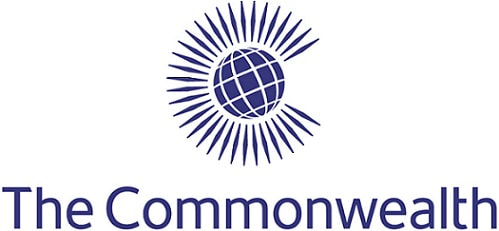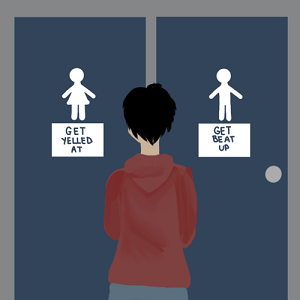
Few MPs seem aware of the ‘special’ relationship between this ‘family’ of nations now, and prior to the UK joining the European Economic Community (Common Market) in 1973. Few seem to care how badly we treated Commonwealth countries by turning our backs on them as we misguidedly joined the European experiment.
Since then with their obsession with the EU, successive governments have dismissed the Commonwealth as of little importance. No doubt during audiences with Her Majesty, Prime Ministers have humoured her when no doubt she raised this subject she has held close to her heart throughout her reign.
It is quite clear that without The Queen’s continuing dedication, leadership and loyalty to what was and should still be this ‘family’ of nations, and until more recently she regularly visited in all corners of the world, Great Britain’s position would have greatly diminished. Without doubt it is The Queen who has kept our relationship with the Commonwealth burning brightly.
Now as we prepare to leave the European Union, and embrace the countless opportunities to expand trade worldwide, the Commonwealth with its population of over 2.3 billion which dwarfs that of the EU’s mere 510 million, there is an incentive to negotiate trade deals of all kinds, including those which will open markets for the British agricultural sector.
The EU as a market place is rapidly diminishing. On the other hand India a member of the Commonwealth, with its ‘special’ relationship, and a population of 1.3 billion, offers an expanding market for the UK.
British politicians need to catch up. In the days when my father was an MP and an officer of the Commonwealth Parliamentary Association back in the 1970s and 80s, all MPs understood how vital this relationship was. The CPA was a thriving organisation across the Commonwealth and in the very heart of the Westminster.
The Queen despite her ministers has kept faith, and we as a nation and farmers in particular should be eternally grateful to her.
If the current Home Secretary and her predecessor had recognised that their policies would affect UK citizens who originated from Commonwealth countries (the Windrush generation), the current situation would never have arisen.
It was and still is vital to sort out the escalating problem of illegal immigration, but a blanket approach was bound to raise difficulties.
This fiasco has emphasised how a lack of understanding and knowledge of the history of our island nation is dangerous, when taking on ministerial positions. They must however shoulder their responsibility, and the buck currently stops firmly with the current Home Secretary.
It is very disappointing that Defra environment minister Therese Coffey has dismissed MP’s calls to allow fly-tipped waste dumped on private land to be cleared without charge at household waste recycling centres.
She is of the opinion that this would “not provide the right incentive to deter fly-tipping” or encourage people to “secure their land more”.
Currently farmers and landowners are considered responsible for all waste dumped on their land, even where the perpetrators have used bolt cutters to access locked gates, or driven through hedges to access private land, or dumped in drive ways.
Miss Coffey suggested that it is up to individual local councils to decide whether to pay to clear fly-tipped waste from private land. At a time when councils are struggling with funding this is unlikely to happen. At the very least farmers should be able to take the dumped waste to re-cycling centres without charge. If they can provide photographic evidence of the illegal dumping on their land this would help our case.




 RSS Feed
RSS Feed